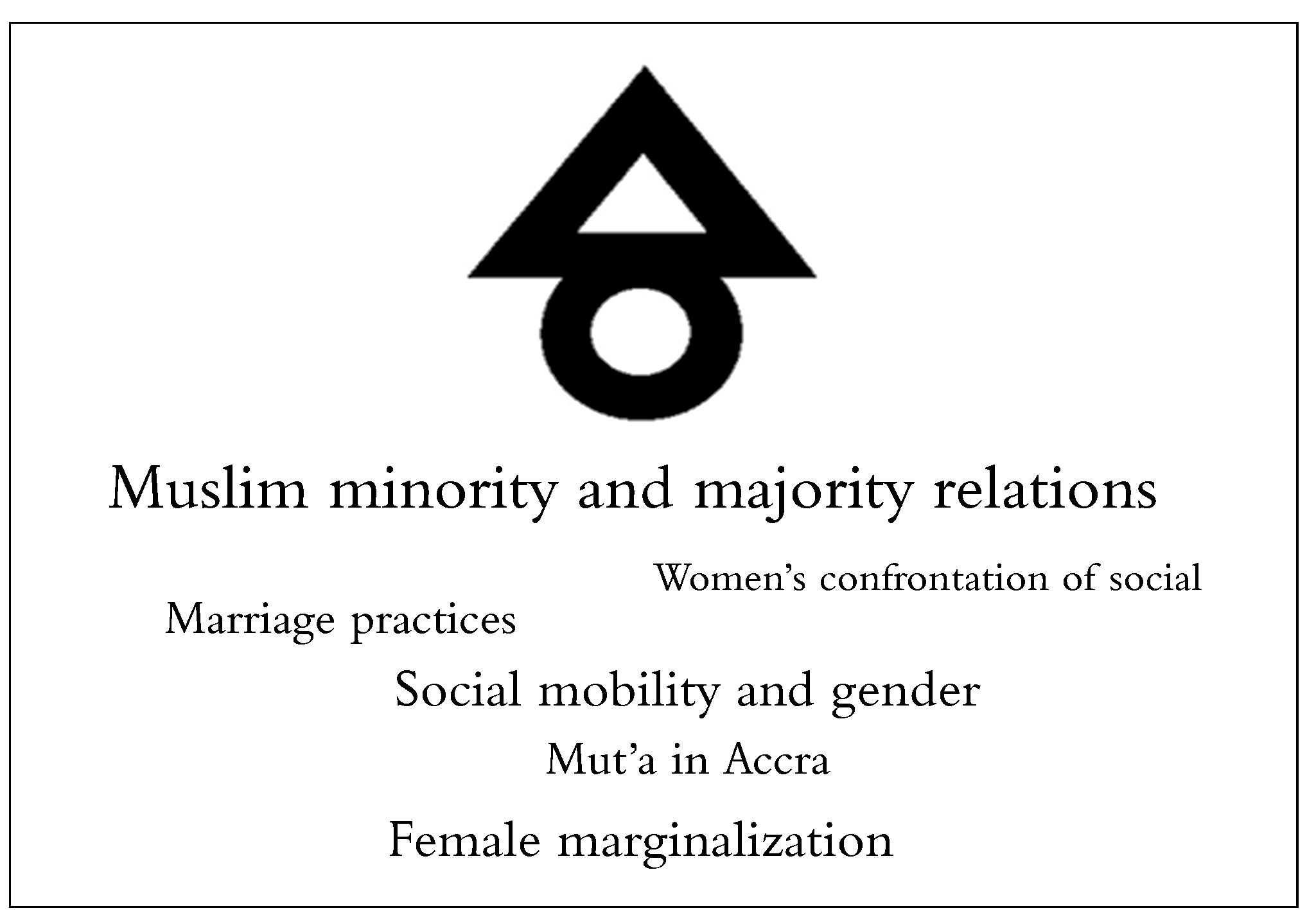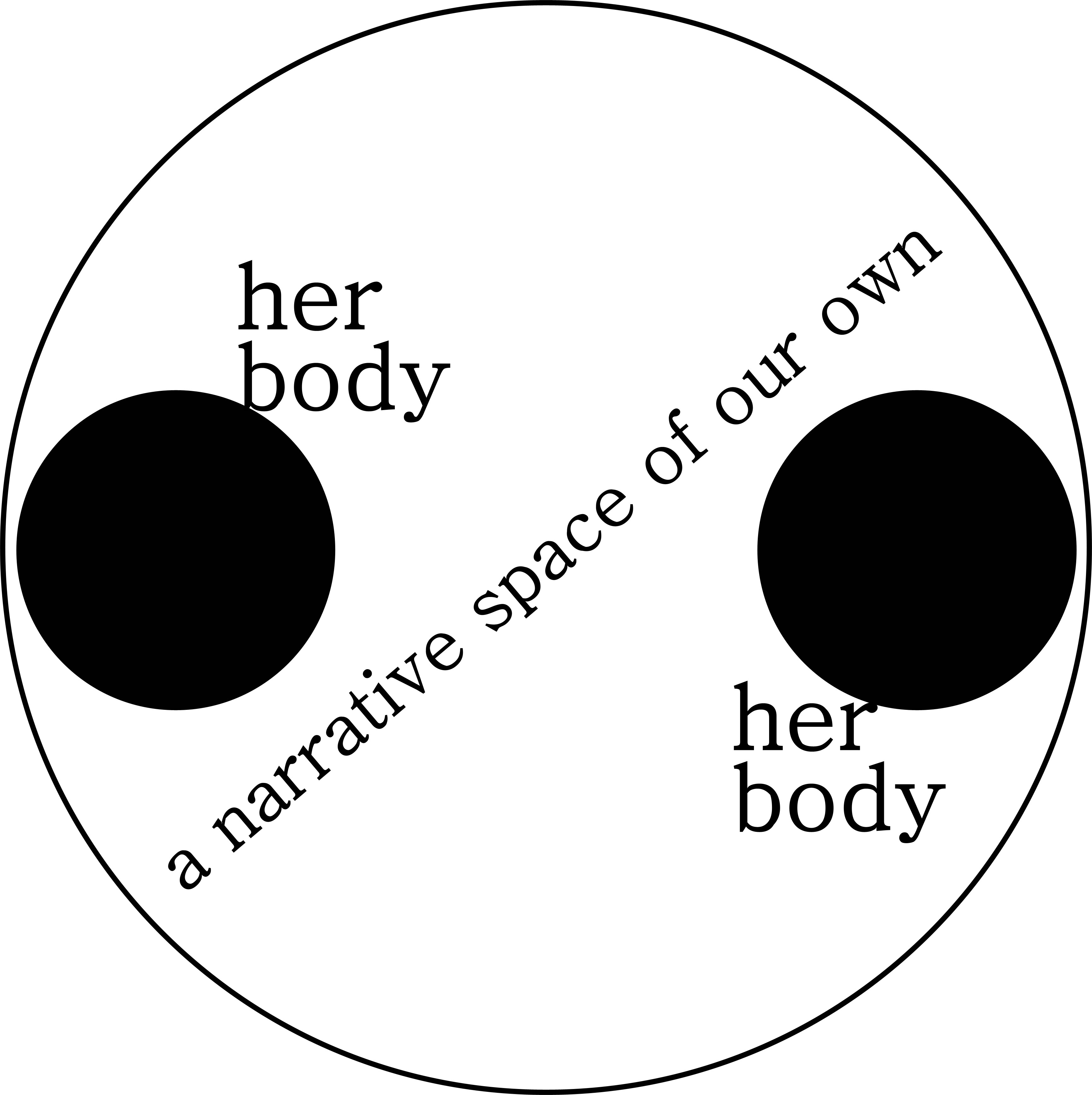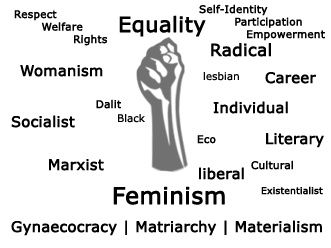Article Title :
Muslim Marriages in Accra, Ghana: A Perspective on Minority/Majority Relations, Gender, and Social Mobility 
6 (2022)
1-13
Sunni , Social Mobility , Shi’i , Muslim marriages , Ghana , Gender , Accra


Muslims in Ghana form a significant minority of nearly eighteen percent of the total population of over twenty-five million people. Out of this number exists a small minority of Shi’i Muslims among the dominant Sunni group. This article considers marriage practices between the minority Shi’i and majority Sunni groups with relevance to gender and social mobility. Relying on field data gathered between 2014 and 2020 through interviews, informal conversations as well as the usage of an informant, the article demonstrates how the minority situates itself in relation to the majority group with respect to marriage as a social practice. The article argues that the minority negotiates its space within the context of the majority with respect to continuing and sustaining some traditions while placing some other practices into a contextual perspective. Furthermore, the article contends that mobility takes place in the lives of both men and women; however, Muslim men have some advantage over Muslim women.

This article has demonstrated how the minority negotiates its place among a majority group.
The Muslim community represents the idea of a society or a community, which has different classes and marital choices and practices is the lens chosen for examining social mobility.
Existing culture of Muslim learning and knowledge transmission is linked to the prevalent idea of segregation between Muslim men and women.
There is also the case for some women to continue with a marriage that they are not satisfied.
The reason for resistance is mainly seen as minimal; the Shi’i do not have a different Prophet or Quran.
Mut’a falls within marriage and prostitution. The practice of mut’a raises questions about the contests over its legitimacy.
Agyare Appiah, V., 2011. The Rights of Muslim Women Within the Kumasi Metropolitan Area, Kumasi, Kwame Nkrumah University of Science and Technology.
Ali, K. 2010. Marriage and Slavery in Early Islam. Cambridge, Harvard University Press.
Ali, K., 2006. Sexual Ethics and Islam: Feminist Reflections on Qur’an, Hadith, and Jurisprudence. Oxford: Oneworld.
Alidou, O. D., 2013. Muslim Women in Postcolonial Kenya: Leadership, Representation and Social Change, Wisconsin, The University of Wisconsin Press.
Badareen, N. A., 2016. Shīʿī marriage law in the pre-modern period: who decides for women?”, Islamic Law and Society, 23(4), 368-391.
Breiger, R. L., 1990. Social Mobility and Social Structure, Cambridge: Cambridge University Press, 11.
Dumbe, Y., 2013. Islamic Revivalism in Contemporary Ghana, Södertörn, Södertörn University, 2013.
Fortier, C., 2011. Women and Men Put Islamic Law to their Own Use: Monogamy versus Secret Marriage in Mauritania. In Islam and Gender in Africa: Rights, Sexuality and Law, Ed. Margot Badran, Stanford, Stanford University Press, 213-232.
Goldthorpe, J. H, Llewellyn, C. and Payne, C., 1987. Social Mobility and Class Structure in Modern Britain (2nd edition), Oxford: Clarendon Press.
GSS [Ghana Statistical Service], 2012. Population and Housing Census: Summary of Final Results.
Haddad, F., 2016. Shi’i-Centric State-Building and Sunni Rejection in Post 2003 Iraq, Carnegie Endowment for International Peace.
Haeri, S., 1985. Ambivalence toward women in Islamic Law and ideology, Middle East Annual, 5, 45-67.
Haeri, S., 1989. Law of Desire: Temporary Marriage in Shi’i Iran, New York, Syracuse University Press.
Heath, A., 1981. Social Mobility, Glasgow, Fontana, 114-123.
Iddrisu, A., 2013. Contesting Islam: Homegrown Wahhabism and Muslim Identity in Northern Ghana 1920-2-10, Durham: Carolina Academic Press.
Issaka-Toure, F., 2018. Islamic Constructions of Gender in Accra: The Role of Islamic Religious Authorities in Mediating Marital Conflicts, Bayreuth, University of Bayreuth.
Issaka-Toure, F., 2022. I Divorced Him but He Said He Has not Divorced Me’: Gendered Perspectives on Muslim Divorce in Accra, Ghana”, in Islamic Divorce in a Global World: Everyday Realities and Practices in the 21st Century, Ed. E. Stiles and U. Yakin, New Jersey: Rutgers University Press.
Janson, M. and Meyer, B., 2016. Towards a framework for the study of christian-muslim encounters in Africa. Africa: Journal of the International African Institute, 86(4), 615-619.
Janson, M., 2017. Unity through diversity: A case study of Chrislam in Lagos. Africa: Journal of the International African Institute, 86(4), 646-672.
Koya, S. M., 1978. Mut’a marriage and malabar muslims. Proceedings of the Indian History Congress, 39/I, 545-548.
Mir-Hosseini, Z. 2009, Classical Fiqh, Contemporary Ethics and Gender Justice. In New Directions in Islamic thought: Exploring Reform and Muslim Tradition, Eds. K. Vogt, Larsen and Moe, London, Bloomsbury, 77-88.
Mir-Hosseini, Z. 2015. Muslim Legal Tradition and the Challenge of Gender Equality. In Men in Charge? Rethinking Authority in Muslim Legal Tradition, (Eds.) Z. Mir-Hossein, Al-Sharmani and Rumminger, Oxford, Oneworld, 13-43.
Mir-Hosseini, Z., 2000. Marriage on Trial: A Study of Islamic Family Law: Iran and Morocco Compared. London and New York: I.B. Tauris & Ltm.
Mir-Hosseini, Z., 2007. Towards Gender Equality: Muslim Family Law and the Shari’ah. In Voices of Islam, (Eds.) V. Cornell and Safi, Westport, Greenwood Publishing, 85-113.
Nolte, I. and Akinjobi, T., 2017a. Beyond religious Tolerance: Muslims, Christians and Traditionalists in a Yoruba town. In Beyond Religious Tolerance: Muslims, Christians and Traditionalists in an African Town, (Eds.) I. Nolte, Ogen and Jones, 1-30.
Nolte, I. and Akinjobi, T., 2017b. Marrying out: Gender and religious mediation in interfaith marriages in Ede”, in Beyond Religious Tolerance: Muslims, Christians and Traditionalists in an African Town (Eds.) I. Nolte, Ogen and Jones, 207-226.
Nolte, I., Ogen, O. and Jones, R., 2017. Beyond Religious Tolerance Muslim, Christian and Traditionalist Encounters in an African Town, New York, James Curry.
Offei, W. E. 2018. Family Law in Ghana. Accra: William Offei
Opoku, K., 2018. The Law of Marriage in Ghana: A Study in Legal Pluralism, Hamburg, Alfred Metzner Verlag, 1976. William E. Offei, Family Law in Ghana (fifth edition), Accra, W.E. Offei.
Owoahene-Acheampong, S. and Prempeh, C., 2020. Contemporary zongo communities in Accra interfaith Marriages: The Case of Muslims and Christians in Accra. African Studies Quarterly, 19(1) 23-40.
Padget, J. F., 1990. Mobility as control: Congressmen through committees. Iin Social Mobility and Social Structure, (Ed.) R. L. Breiger, 27-58.
Pastore, J., 1982. Inequality and social mobility in Brazil, Madison: The University of Wissconsin Press (Translated by Robert M. Oxley).
Pellow, D., 1987. Solidarity among Muslim Women in Accra, Ghana. Anthropos, 6, 489-506.
Pontzen, B., 2014. Islam in the Zongo: An Ethnography of Islamic Conceptions, Practices, and Imaginaries among Muslims in Asante (Ghana), Berlin, Frei University.
Roth, G., 2019. The Educated Underclass: Students and the Promise of Social Mobility, London: Pluto Press.
Samwini, N., 2006. The Muslim Resurgence in Ghana Since 1950: Its Effects upon Muslims and Christian-Muslim Relations, Berlin, LIT Verlag.
Schulz, D. and Janson, M., 2017. Introduction: Religion and Masculinities in Africa. Journal of Religion in Africa 46(2-3), 121-128.
Schulz, D. E., 2013. (En)gendering muslim self-assertiveness: Muslim schooling and female elite formation in Uganda. Journal of Religion in Africa, 43(4) 396- 425.
Sean, H., 2018. Formal care: Islam and bureaucratic paperwork in the Gold Coast/Ghana. In Religion, Media and Marginality in Modern Africa, (Ed.) F. Becker, Cabrita and Rodet, 38-69.
Slootman, M., 2018. Ethnic Identity, Social Mobility and the Role of Soulmates, Switzerland, The Springer.
Soares, B. F., 2006b. Muslim-Christian Encounters in Africa, Leiden: Brill.
Soi, I., 2016. The muslim minority in Uganda: The historical quest for unity and inclusion. AFRICANA: Rivista Di Studi Extraeuropei, 167-180.
Sulemana, H. M., 2003. Islamic literacy tradition in Ghana. The Maghreb Review, 28(2-3) 171-185.
Taiyari, K. and Occhiali, G., 2010. Secular states, Muslim law, and islamic religious culture: Gender implications of legal struggles in hybrid legal systems in contemporary West Africa. In Droits et Culture, 59(1) 97-120.
White, A., Grabowska, I., Kaczmarczyk, P. and Slany, K., 2018. The Impact of Migration on Poland: EU Mobility and Social Change, UCL Press.





